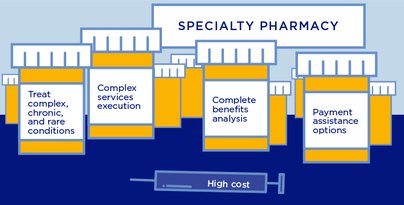
So, what is a specialty pharmacy?

Specialty pharmacies are specifically designed to provide medications largely used to treat complex, chronic conditions. These include conditions such as rheumatoid arthritis, multiple sclerosis, inflammatory bowel disease, psoriasis, cystic fibrosis, cancer, hepatitis, HIV, and bleeding disorders. As part of the specialty pharmacy service model, pharmacy and clinical teams work with patients and healthcare providers to improve clinical outcomes — including medication adherence and positive therapy results. Intensive patient management services are provided and include training in how to use medications, treatment assessment, and patient monitoring. To formally demonstrate that they are able to consistently provide patients with a high standard of safe, quality care, specialty pharmacies pursue accreditations from one or more accrediting bodies, such as URAC, ACHC (Accreditation Commission for Health Care), and CPPA (Center for Pharmacy Practice Accreditation).
What types of medications are considered "specialty"?
Specialty medications are generally more complex than most prescription medications and may possess one or more of the following qualities:
- Treat serious, complex, chronic conditions
- Carry special handling, storage, and distribution processes
- Require significant patient education and support
- Require specialized administration (injection/ infusion)
- Require patient monitoring and/or side effect management
- Has a high monthly cost
Are there speciality pharmacists?
Yes! Like the pharmacy and medications, the pharmacists are specialized, too. Specialty pharmacists are recognized for their ability to go beyond filling prescriptions. They are experts in complex drug regimens and responsible for better understanding the distribution, handling, reimbursement, and additional services required for specialty medications. Specialty pharmacists undergo additional training and education in order to properly care for their patients. This training helps prepare specialty pharmacists to apply for their Certified Specialty Pharmacist (CSP) certification from the Specialty Pharmacy Certification Board. To be eligible for this certification, a pharmacist must meet the following criteria prior to submitting an application:
- Hold a Bachelor of Science (BSPharm) in Pharmacy or Doctor of Pharmacy (PharmD)
- Have an active pharmacist license in good standing in the United States or Canada
- Have completed 30 hours of specialty pharmacy continuing education in the previous two years. Continuing education must be accredited by the Accreditation Council for Pharmacy Education (ACPE) or approved by the National Association of Specialty Pharmacy (NASP) and related to specialty pharmacy and topics included in the CSP examination content outline.
- Have completed 3,000 hours of specialty pharmacy practice in the previous four years.
- Must attest to comply with the SPCB Code of Conduct and report any previous history of felony or state/provincial board suspensions.
- Must earn a passing score on the CSP examination.
Pharmacists who have earned their CSP credential have demonstrated the knowledge and skill necessary to provide competent specialty pharmacy services. Further, this certification recognizes a pharmacist’s proficiency in specialty pharmacy and a dedication to their patients and the field.
What can I expect from my specialty pharmacy?
Specialty pharmacies do more than just dispense prescribed medications. Your specialty pharmacy will also:
- Complete benefits investigations
- Complete the prior authorization process and appeals
- Access and utilize available financial assistance programs n Provide extensive patient education
- Provide ongoing patient monitoring for medication safety, efficacy, and adherence
- Be available 24/7/365

